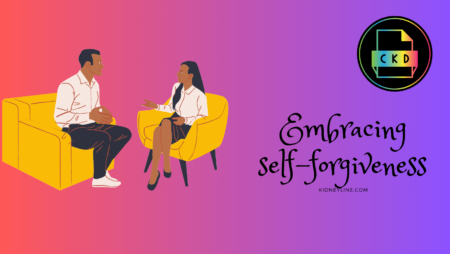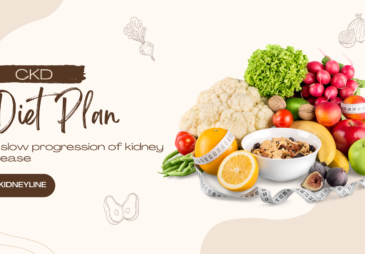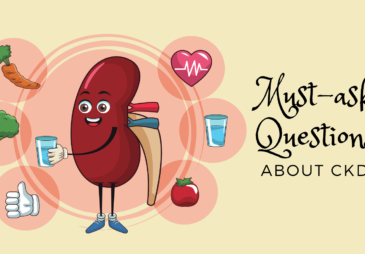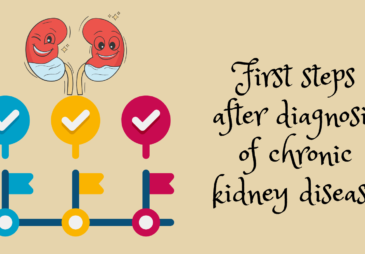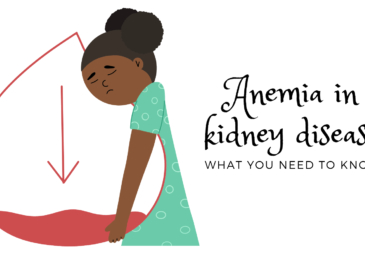Forgiveness involves letting go of anger and negative feelings towards someone who has hurt us and replacing them with compassion. Self-forgiveness is similar. This time we are the ones who have committed the wrong and feel bad about it.
Self-forgiveness occurs when we acknowledge our wrongdoing, experience remorse and treat ourselves with self-compassion. When you forgive yourself, you release shame, guilt, and self-loathing, replacing them with acceptance and benevolence.
For example, if you’ve been told you have kidney disease because you neglected your medications for an underlying disease like diabetes or hypertension, it’s normal to feel guilty. Perhaps you consumed some herbal medicines that knocked down your kidneys. Regardless of the reason, the guilt stemming from feeling responsible for your kidney disease is understandable. This is because your kidney health affects your life and the life of your loved ones.
But harboring guilt and shame can also wreck your physical and mental health and extend to your family’s mental health. So, learning how to forgive yourself is crucial. Here are some strategies to help you in the self-forgiveness process.
Acknowledge your emotions
It is human nature to feel bad when you have done something wrong. Recognize that your feelings are valid. The storm of feelings you experience may range from anger, regret, shame, self-loathing, bitterness, and frustration. Once you recognize and accept your emotions, you can begin working on them.
Accept your error
It’s tempting to ignore your errors, but this approach is not helpful. Avoiding responsibility prevents you from learning from your mistake. Instead, accept what you did wrong. I abandoned my diabetic drugs. I took this drug against conventional wisdom.
You had your reasons for doing what you did. Accepting your error will also allow you to understand the motivations behind your actions. This understanding will help you avoid repeating the same mistakes.
Express remorse to those affected.
One of the things that fuels guilt in chronic kidney disease (CKD) is its impact on your family. Perhaps you feel guilty about the time and money spent caring for you. You may also feel guilty about role changes within your family dynamic.
Sharing your regrets and offering apologies may help you forgive yourself. Be sure to apologize only for what you have done. CKD comes with a lot of guilt, sometimes for circumstances beyond your control.
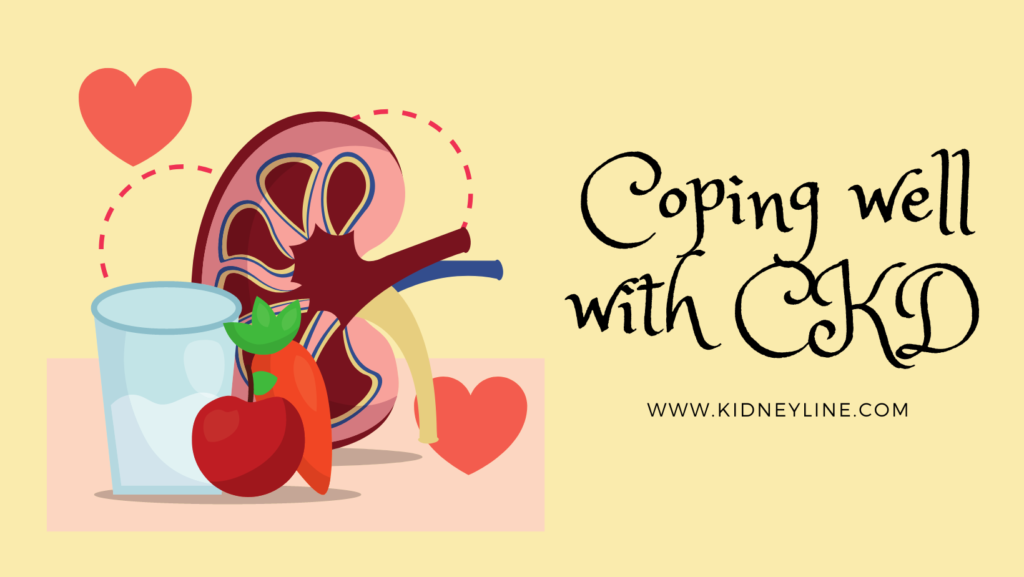
Self-compassion
Now take a step back. How would you talk to a friend who has made a similar mistake? Extend that same compassionate tone towards yourself. Don’t talk down on yourself. You are not a bad person. What’s done is done. Instead, focus on what you can change and improve going forward.
Continual self-forgiveness
Self-forgiveness is an ongoing journey. There may be instances when guilt resurfaces. But when it does, you should be mindful of your thoughts. Replace negative thoughts with neutral or positive ones. Don’t dwell on critical or shaming thoughts. It will be tough in the beginning. But as you continue practicing mindfulness, you’ll gradually start feeling better about yourself.
Exercise caution
You don’t want to repeat the same mistake. Learning more about kidney disease and how to practice self-care is important. There are numerous resources on this site to help you. You can start by reading posts on chronic kidney disease or questions to ask your doctor, which are available on this site.
Seeking help
Sometimes, you may find it difficult to forgive yourself despite your efforts and may need external help. Therapy may be of immense help in your self-forgiveness journey. It takes a lot of strength and courage to confront our inner struggles, and you may not have the mental tools to do that.
Therapy can offer you a safe space to delve deep into your emotions and develop an effective coping mechanism. Counselors and therapists can provide you with the necessary guidance. Seeking help is not a sign of weakness but a sign of courage.
Final words
Guilt is a normal human emotion. It helps to keep us in check. But when guilt dominates our thoughts, it can become destructive when they take over our thought life. Practicing mindfulness and self-compassion can help you forgive yourself and set you on your wellness journey.
